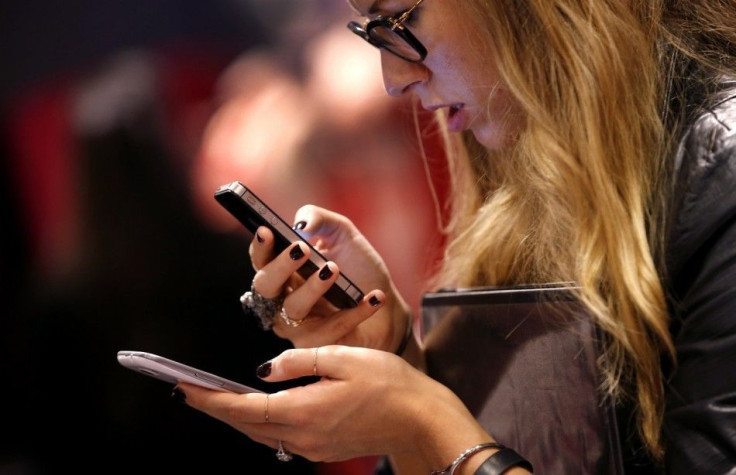Study helps identify nemophobia, fear of being without smartphone

While seeing everyone attached to their smartphones is a normal occurrence, researchers reveal that feeling anxious when separated with this handy gadget is already a disorder. An Iowa State University study identifies this new form of irrational fear as nomophobia, short for no-mobile-phobia.
To help people determine if they have this modern-day phobia, the researchers developed a test containing a set of statements on certain situations involving their smartphones. Participants are asked to respond on a scale of 1 which translates to “strongly disagree,” to 7 which means “strongly agree.” Total scores are computed by adding responses to each item. According to the study, a higher score corresponds to a more severe condition of nomophobia.
The test includes statements that probe if participants are uncomfortable, annoyed or nervous in a number of situations such as having no constant access to information through a smartphone, being unable to get news and weather updates or being unable to use a smartphone and its capabilities. Participants are also asked if they feel scared or panicked when a smartphone runs out of battery or it runs out of credits. The test also lists statements about having the desire to constantly check a phone and its data or Wi-Fi signal.
In another section of the test, participants are asked to respond if they feel anxious or worried if they do not have their smartphones with them during particular circumstances. These include not being able to instantly communicate with their family or friends, not being able to receive text messages or calls or not knowing if someone had tried to get in touch with them. The test also allocated statements that deal with a participant’s online and social media presence. Statements included feeling nervous or awkward for being disconnected from online identity, not being able to check e-mail messages, and not being able to stay up-to-date with social media and online networks.
According to Caglar Yildirim, lead author of the study and a Ph.D. student in human computer interaction, smartphones are a great way to stay connected with family and friends and quickly track down information, but many people have an unhealthy dependence on the technology.
The researchers also wanted to look at other psychological traits and specifically at the role of gender and age, says co-author Ana-Paula Correia, an associate professor in ISU's School of Education. The study was published in the journal Computers in Human Behavior.
In an online survey sponsored by Internet security firm SecurEnvoy in 2012 involving 1,000 volunteers in the U.K., it was documented that there are 77 percent nomophobics in the age group 18 to 24 and 66 percent nomophobics in the age group 25 to 34. Specialists claim symptoms of extreme nomophobia include restlessness, anxiety, sometimes even shortness of breath and full-blown panic attacks.
Contact the writer at feedback@ibtimes.com.au or tell us what you think below.





















